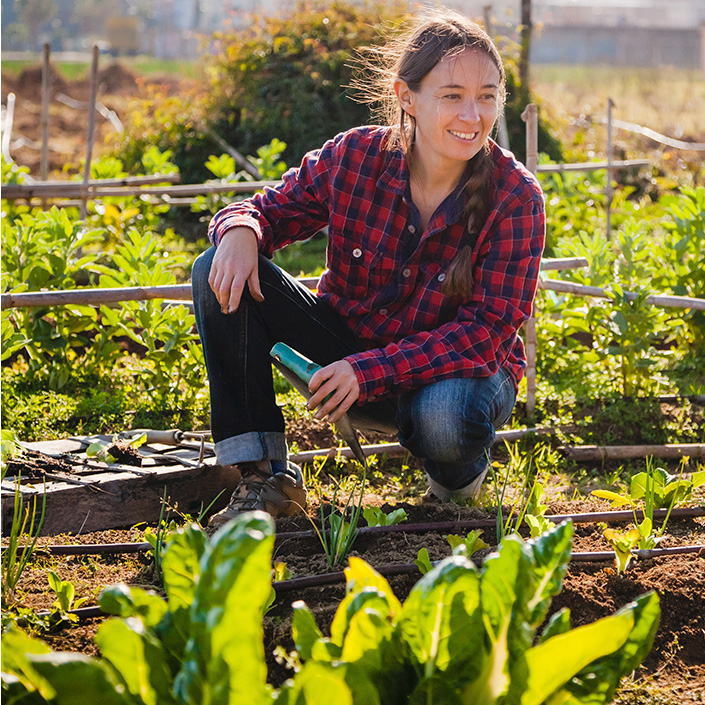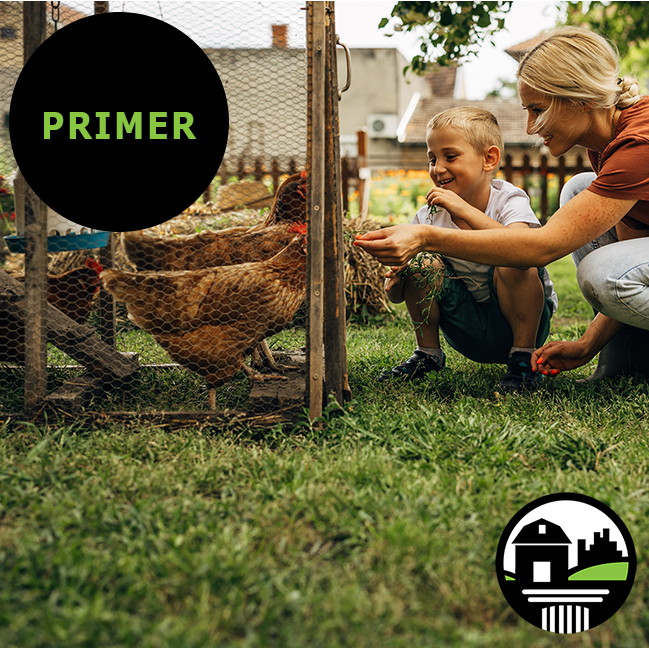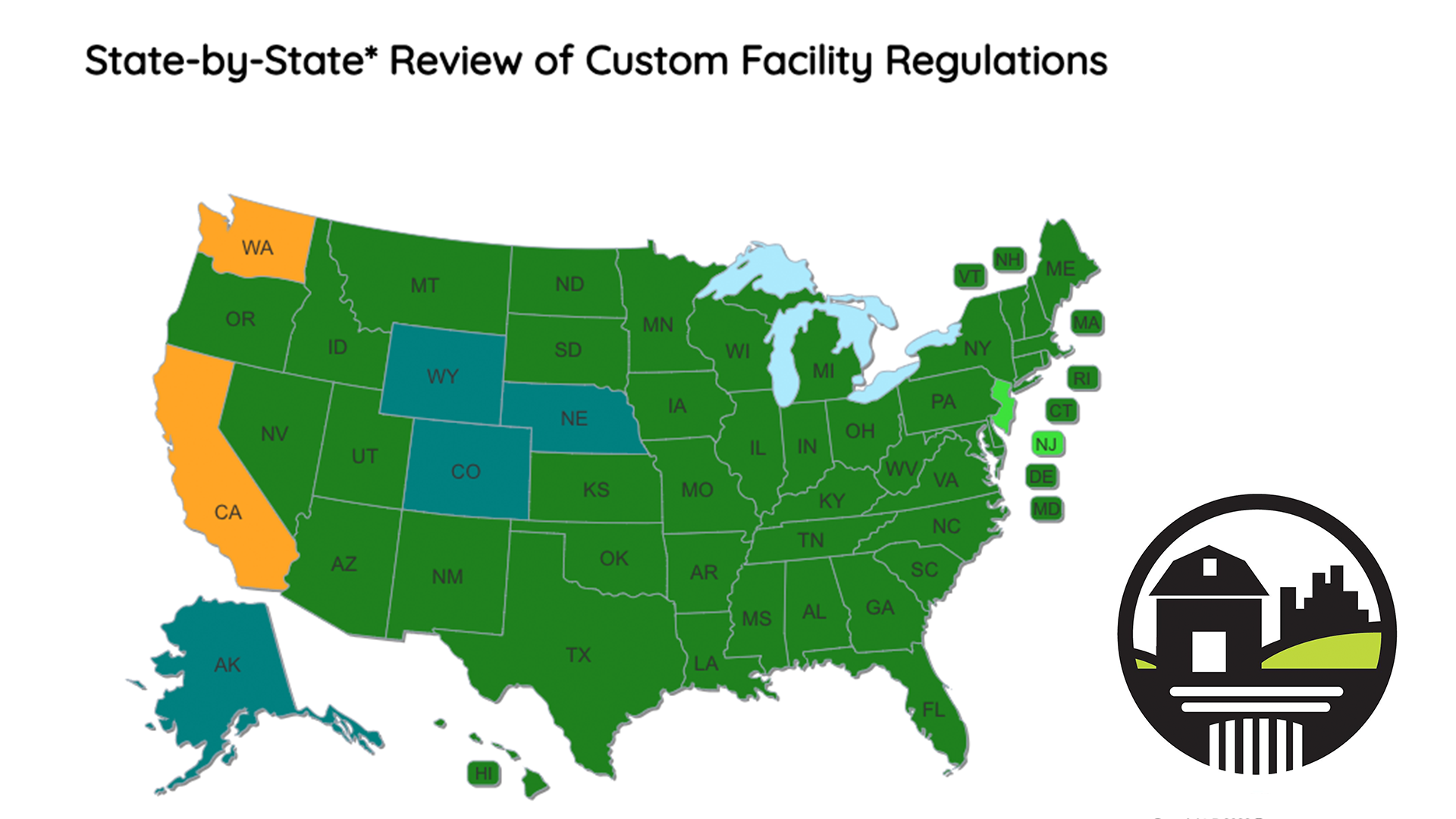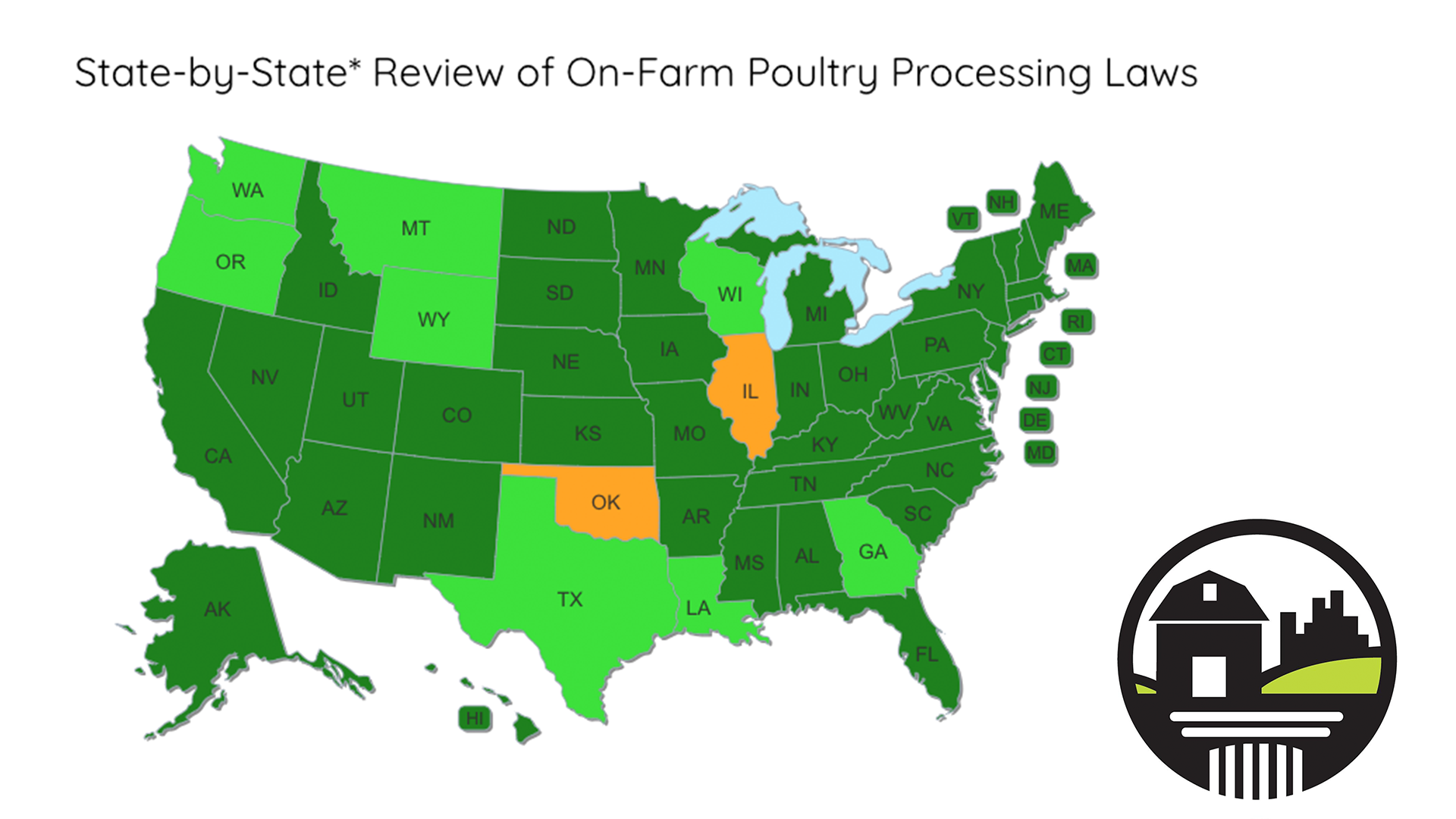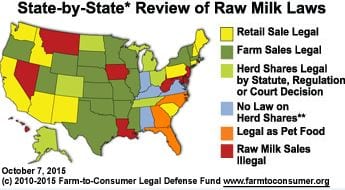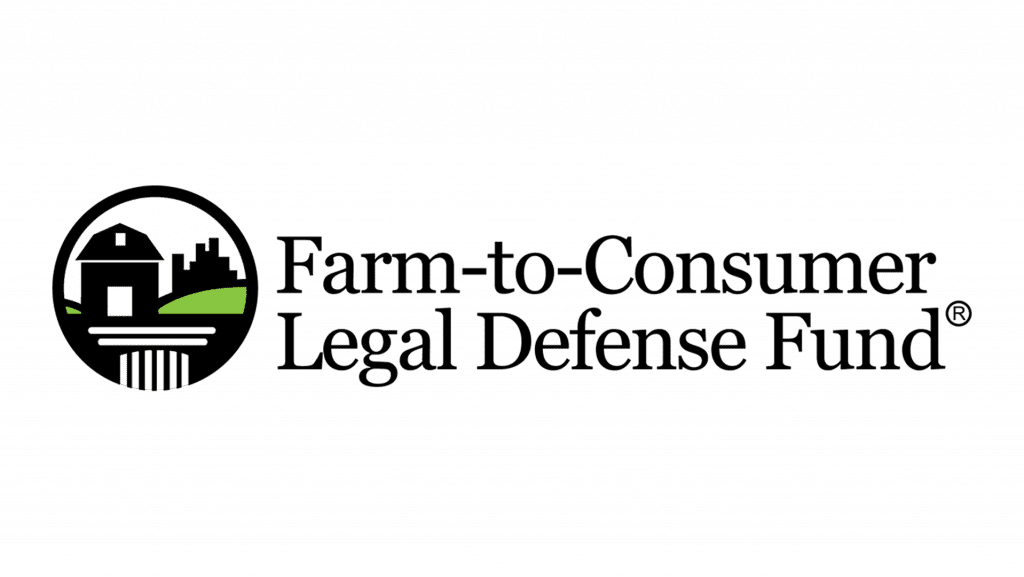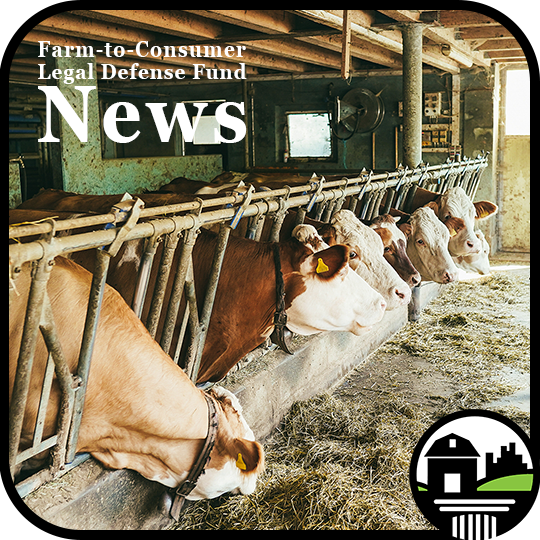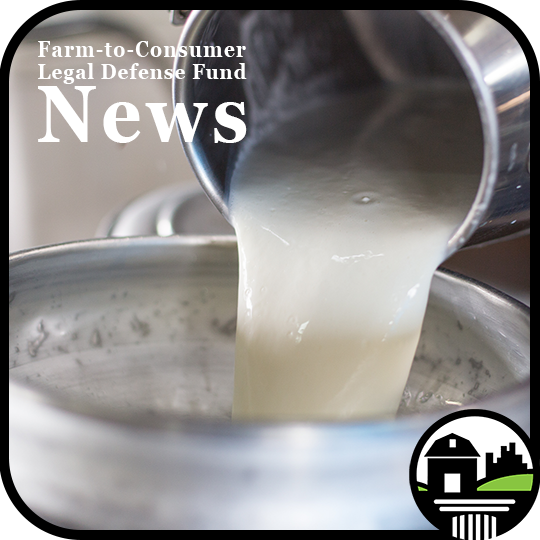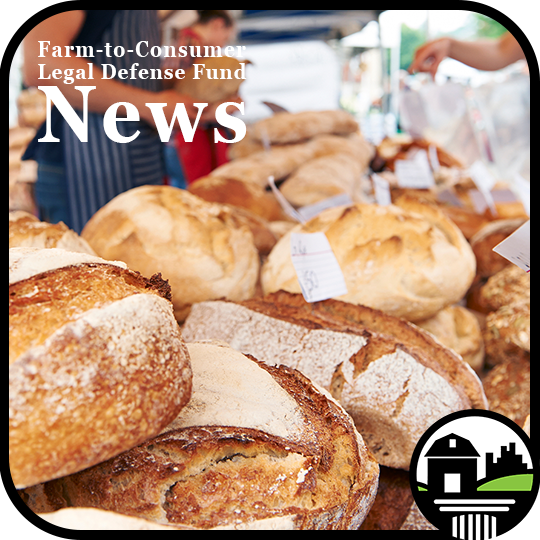Introduction to Zoning & Local Ordinances
Property zoning and local ordinance requirements, applicable to agricultural and food production uses, often prove to be among the most challenging issues our farmer and producer members face. When assessing your future business goals, it is a good idea to begin by examining your local municipality’s zoning and other ordinances. These ordinances can tell you most everything you need to know about restricted activities on your property, specific requirements you may need to meet, steps you may need to take, and expenses likely to be incurred, to make sure your operation is in compliance.
You will need to answer such questions as: What is my zoning district? What types of agricultural and food production activities are allowed in that zone? What commercial activities (i.e., farm stand? farm store? etc.) are permissible? Are there restrictions on the type and number of farm animals I can raise? Other questions may arise for your particular operation.
This resource provides some basic information on several types of zoning and local rules our members most often confront and offers guidance on the data you will want to collect from your local ordinances as you make your production plans so that you can minimize surprises and potential violations down the road.
Disclaimer: This resource is to be used by our members as a general guide and does not represent legal advice. To obtain targeted assistance on the local rules that apply to you, or to receive help if you have received notice of alleged zoning or other local violations, simply reach out to us and we can conduct research targeted to your needs and help you attain your food production goals.
Note: FTCLDF may not be able to provide legal assistance in formal local ordinance litigation or challenges that are currently before a court, but we can review the matter and assess what assistance we might be able to offer. We certainly can research your local ordinance and consult with you on the best steps for your specific operation.
General Considerations
Because local zoning and other ordinances can vary widely, this primer will not attempt to detail all the variations that exist. Instead, we present below for your consideration the types of regulations we see most often across the country.
What is my zoning district?
Most of our members operate on land that is likely in an agricultural zoning district. These districts typically have rules that support and encourage farming activities. It is important to confirm whether your land is indeed in an agricultural zone or in some other designation (such as Residential or Commercial). Most counties, villages, towns, and municipalities post zoning maps on their government websites that allow you to determine your zoning district. It is important to determine whether your land is located in more than one zoning district, and thereby is subject to more than one set of zoning rules.
What agricultural and food production activities are allowed in my zoning district?
Once you have determined the zoning district(s) for your land, you can now turn to the local zoning ordinances to determine which activities are allowed in that zone. Again, you should be able to access the ordinances from your local government’s website.
You will likely find a set of rules that contain definitions of terms found in the ordinances; the ordinances themselves, which are usually broken down into general provisions, as well as the specific rules that apply to each zoning district; and charts are also often made available that provide a quick glance of the activities allowed in each zone.
Once you locate the ordinances that apply to your zone, you can answer specific questions pertaining to your operations:
Farm animals/livestock:
- What types of animals are allowed and are any prohibited? We have seen rules that prohibit male animals, or the raising of bees, etc.
- Are there restrictions on the number of animals allowed? For example, some zoning ordinances limit the number of animals allowed per acre of land.
- Are there setbacks that govern how far from the road, property line, or other structures animal pens or barns must be located?
- Are there rules for how you must manage the noise or smell that farm animals generate?
- Are livestock guard dogs allowed and are there any special rules applicable to them?
Allowable structures:
Are there setbacks governing fencing, composting bins, or beds?
What rules govern how many structures (i.e., barns, sheds, crops storage bins) you can have on your land, how certain structures must be anchored down, what limits there may be on total square footage, and so on?
Worker housing will certainly require the submission of building plans to ensure the safety and comfort of the intended occupants.
Chemicals, water, composting:
- Are there restrictions on chemical usage?
- What water drainage and related requirements must be met?
- Are you allowed to have a compost bin or pile and how far must it be located from neighboring property?
Required permits and licenses:
Are permits, licenses, or approvals required for certain structures you erect on your property?
Allowable activities:
Can you sell produce from your land, and is a farm stand or farm store allowed?
If so, is the size restricted, do you need to provide a certain amount of off-street parking, can you only operate on a temporary basis in certain months of the year?
Urban farming:
In urban settings, there are often rules that allow gardens only in backyards, which regulate rooftop gardens or community gardens, or prohibit composting.
A Special Note About Cottage Food Operations
In addition to consulting your state’s cottage food laws to determine which kinds of foods can be made and sold from a home kitchen, you will need to check your local zoning rules and ordinances to see what is permissible.
Despite what the state cottage food laws allow, if you live in a residential zone, any sort of commercial operation on your property, which involves the selling of goods, may not be allowed. Even if allowed, you may be prevented from inviting customers to pick up products from your home, because of increased car traffic.
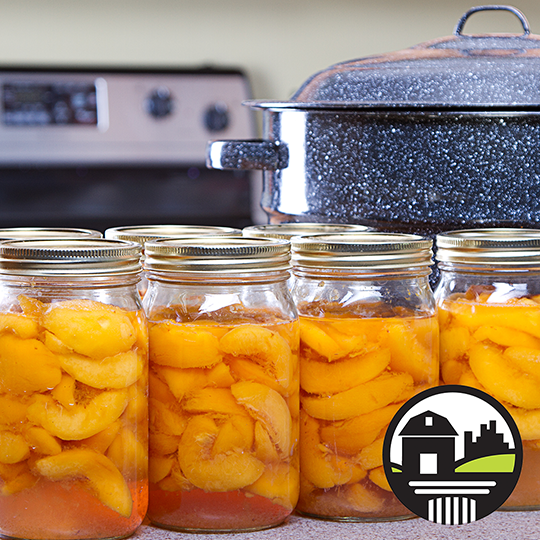
What can I do if the rules prevent my intended agricultural uses?
If you find that your local rules prevent the activity you are planning, do not despair. There are options, summarized below, that you can pursue to seek a change or exception.
Of course, you may first wish to confirm that you have conducted a correct reading of the rules and that they do in fact apply to you. For example, was a zoning requirement that prevents you from raising roosters on your land passed well after you purchased your land and brought roosters in? Depending on the nature of the zoning change, you may be grandfathered in and may be able to continue raising the animals despite the rule revision.
Listen to our podcast here about a Florida community that mounted a challenge against planned zoning changes, with help from the FTCLDF.
Workarounds and Solutions
Seeking a Zoning Variance or a Re-Zoning
There are various mechanisms for seeking a relaxing of zoning rules. A special-use permit may offer an exemption allowing you to bypass a zoning rule or ordinance that creates a hardship by preventing your intended use. For example, if you are planning a new use of your land that the local zoning rules currently prohibit, such as raising bees, you may be able to seek a special-use permit allowing the activity. Generally, the hardship must exist as the result of a circumstance that was not created by the property owner. The requestor would submit an application that makes a case for why an exception should be made, which is then reviewed and decided upon by the local governing body.
You may also be able to seek a temporary variance for a limited-time use. Agritourism activities are a good example. There has been an increase in farmers using their land to generate additional income by offering experiential activities to the public, such as corn mazes in autumn.
A conditional-use permit is a variance that allows a change in the rules if you meet certain requirements. For example, if you are seeking permission to erect a farm stand near the road, you may be asked to limit the signage you use to advertise your wares, or you may need to create an appropriate parking area for your customers.
Another option is to seek a variance that permanently re-zones your land, for example, changing it from a residential zone to an agricultural one that will offer you more rights and opportunities regarding your use of the land for agricultural purposes. This can be an involved process that will require review and consideration by various arms of the local government, including the planning and use department, the agriculture commissioner, and possibly others.
Any of the above options may require that you submit evidence that the request, if granted, would not negatively affect the neighborhood and its residents, and would have a minimal impact on the environment, among other factors.
Right-to-Farm Laws
Many states regulate public nuisances and may allow a private nuisance action against a landowner based on their use of their property. This may include rules against loud or regular noises from animals or machinery, excessive odors, or the handling of refuse that can impede others’ enjoyment of their property. However, all states have Right-to-Farm (RTF) laws that can protect farms from these kinds of nuisance actions.
Many RTF laws protect agriculture and farming operations from nuisance suits over matters that impact neighboring property, like noise or pollution. For example, a number of FTCLDF members have sought help with complaints made by neighbors about noise generated from livestock guard dogs. These are working dogs that provide a valuable service and their barking is a necessary function of their work. Farms may be successful using the RTF law in their state to push back against such “nuisance” claims about an activity that is inherent to farming. See our article here about a member’s successful use of the RTF law in California to defend against a neighbor’s complaint about her guard dog.
Some states’ RTF rules require that a farmer has been on their land engaging in agricultural operations for a certain number of years before any complaining neighbor moved in. If the neighbor knew about the farm when they purchased their home and understood that it would generate certain smells and noises, they cannot later complain about activity that had been well established before their arrival.
RTF laws also often reduce the ability of counties and municipalities to regulate agricultural operations in a manner that is different from state law, so it may prevent or restrict the passing of ordinances that define certain agricultural activities as a nuisance and or that ban new agricultural construction.
It is important to note that most RTF laws provide that farms may lose their protections under the law if they have engaged in negligence or do not follow acceptable farming practices.
We trust that this resource has proven helpful to you.
The key is to become familiar with the local rules so that you can understand what is allowed, what is not, and what your options are for seeking changes in the rules to best support your livelihood and benefit the community at large.
Looking for more support? Become a member today!
